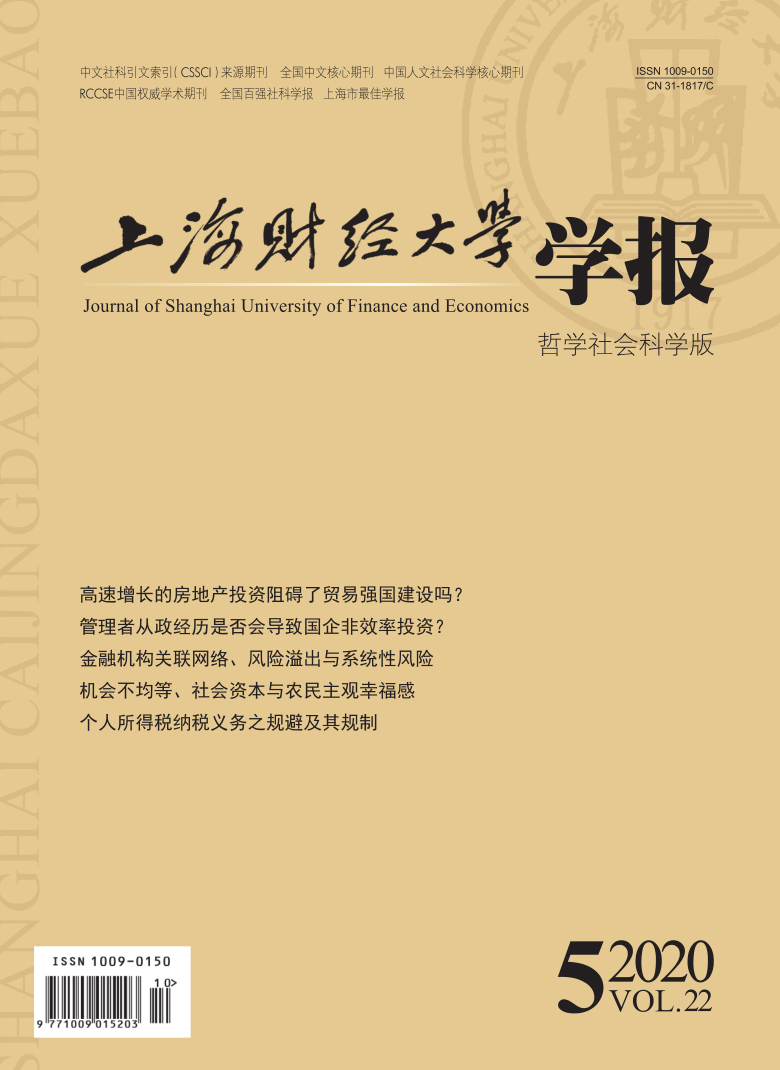This paper takes the political experience of managers in state-owned enterprises as the research object, and selects the panel data of state-owned holding listed companies from 2008 to 2018 as the research sample to explore the internal connection and influence mechanism between managers’ political experience and inefficient investment in state-owned enterprises. The study finds that managers’ political experience may have a lasting impact on managers’ beliefs and emotions, cognition and ability, and self-interest motivation etc., and promote the differences in investment preferences of state-owned enterprises, thus affecting the inefficient investment of state-owned enterprises. This paper draws the following conclusions: (1)Having the working experience of local governments and working experience of public security and law departments will have a lasting impact on the beliefs and emotions of state-owned enterprises’ managers, leading them to perform worse than their peers in making investment decisions and to be more likely to make inefficient investment decisions, thus exacerbating the degree of inefficient investment of state-owned enterprises. Among them, compared with their peers, state-owned enterprise managers with local government work experience are more likely to make non-efficient investment decisions beyond a reasonable level. Compared with their peers, state-owned enterprise managers with working experience in public security and law departments are more likely to make inefficient investment decisions below a reasonable level. The longer the above managers have been in government, the greater the degree of inefficient investment of state-owned enterprises.(2)The working experience of government financial departments and government regulatory departments will have a lasting impact on the cognition and ability of state-owned enterprises’ managers, leading them to perform better than their peers in making investment decisions and to be better at making investment decisions closer to a reasonable level, thus restraining the degree of inefficient investment of state-owned enterprises. Among them, state-owned enterprise managers with working experience in financial sector are better at improving the inefficient investment of state-owned enterprises that is lower than the reasonable level, and state-owned enterprise managers with working experience in the government regulatory sector are better at restraining the inefficient investment of state-owned enterprises that is higher than the reasonable level. The longer the above managers have been in government, the smaller the degree of inefficient investment of state-owned enterprises.(3)The central government work experience will bring political self-interest of promotion to state-owned enterprise managers, which leads them to perform worse than their peers in investment decision-making, and are more likely to make inefficient investment decisions beyond the reasonable level, thus aggravating the degree of inefficient investment of state-owned enterprises. The longer the managers have been in government, the greater the degree of inefficient investment of state-owned enterprises.
 / Journals / Journal of Shanghai University of Finance and Economics
/ Journals / Journal of Shanghai University of Finance and EconomicsJournal of Shanghai University of Finance and Economics
LiuYuanchun, Editor-in-Chief
ZhengChunrong, Vice Executive Editor-in-Chief
GuoChanglin YanJinqiang WangWenbin WuWenfang, Vice Editor-in-Chief
Will Managers’ Political Experience Lead to Inefficient Investment in State-owned Enterprises?
Journal of Shanghai University of Finance and Economics Vol. 22, Issue 05, pp. 33 - 48 (2020) DOI:10.16538/j.cnki.jsufe.2020.05.003
Summary
References
Summary
Cite this article
Xing Hua, Xi Haobin, Wang Haijun. Will Managers’ Political Experience Lead to Inefficient Investment in State-owned Enterprises?[J]. Journal of Shanghai University of Finance and Economics, 2020, 22(5): 33-48.
Export Citations as:
For
ISSUE COVER
RELATED ARTICLES




 4297
4297  7970
7970

